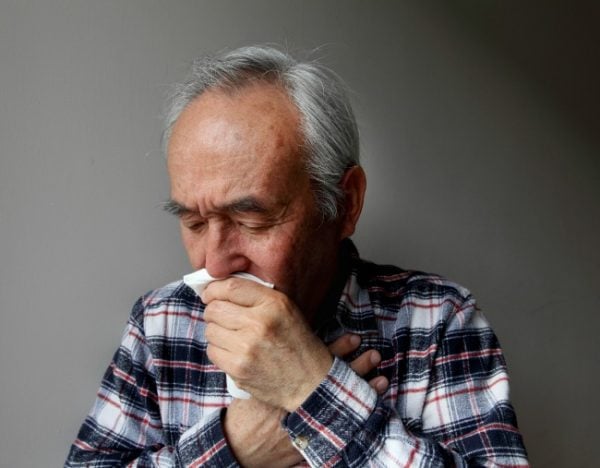We know that sex hormones drive characteristic male and female traits such as breast enlargement and hip widening in women, or increased muscle mass and growth of facial hair in men. But now we also recognise they have a major impact on the immune system – our body’s inbuilt mechanism that helps fight and protect us against disease.
Research suggests this has an evolutionary basis: survival of the species may mean men are harder hit by viruses, but a woman’s reactive immune system leaves her more susceptible to autoimmune diseases and allergies.
Viruses see men as weaker
Men die significantly more often from infectious diseases than women. For instance, men are 1.5 times more likely to die from tuberculosis, and twice as likely to develop Hodgkin’s lymphoma following Epstein–Barr virus (EBV) infection. Men are also five times more likely to develop cancer after infection with human papillomavirus (HPV), than women.
This is because women’s immune systems mount a stronger response against foreign invaders, particularly viruses. While the male hormone testosterone tends to dampen immune responses, the female hormone oestrogen increases the number of immune cells and the intensity of their response. So women are able to recover more quickly from an infection.
All this may reflect a sneaky evolutionary trick used by viruses to enable their survival. Women have developed multiple mechanisms to transmit infections; mainly through passing bugs from mother to child during gestation or birth, or through breastfeeding. So women are better vessels for viruses.

